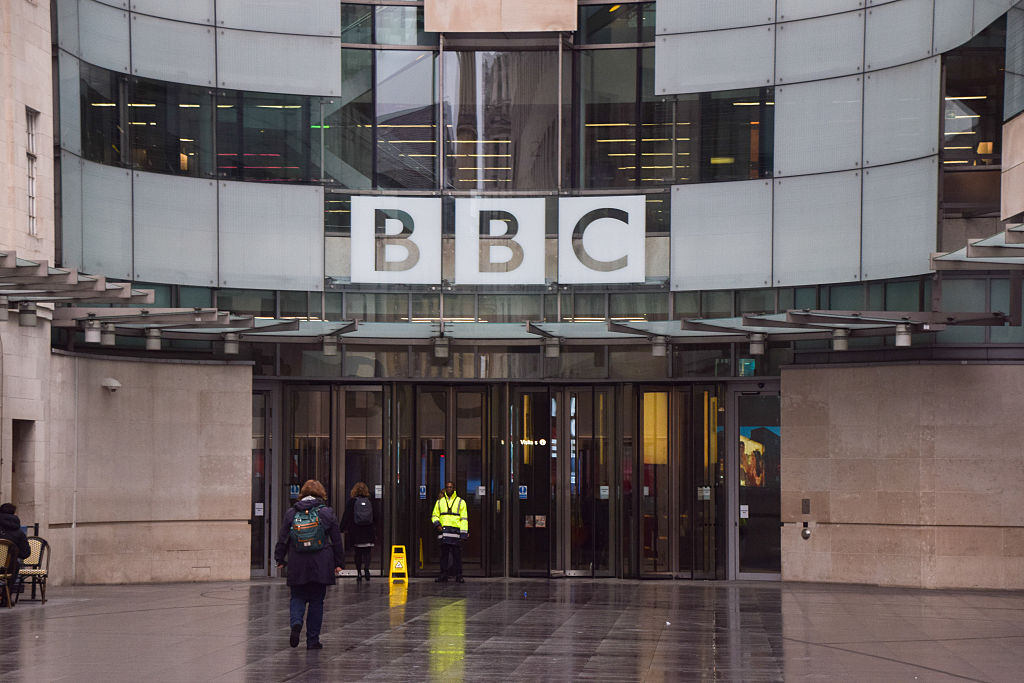Those who remember Joseph O’Neill’s brilliant novel Netherland, which featured a multicultural cricket club and was set in post 9/11 Manhattan, will assume they know what they’re getting with Godwin, which purports to be about the hunt for the next Messi.
A video file of an African teenager with legendary ball skills is circulating far from his homeland, wherever that may be. All that Mark Wolfe, ‘a blond, rangy man in his late thirties’ who works for a technical writing co-operative, needs to do is to help his half-brother, Geoff, a hapless young football agent, track down ‘Godwin’ – if indeed that is the boy’s real name. ‘True, I don’t know much about the soccer business; but, with all due respect, if someone like Geoff is the competition, how hard can the business be?’ is Mark’s view on what he is told is an industry worth $3 billion for Premiership TV rights alone. Or, as Geoff, who talks as if he has swallowed an urban dictionary, puts it: ‘Billion, blud.’
This premise, a literary first for an era when ‘very, very rich entities’ lubricate every aspect of the beautiful game, would make for an action-packed adventure story with a strong moralistic bent that uses football as a metaphor for global capitalism and neo-colonial exploitation. Since the 1990s, agents have mined Africa for ‘raw talent… that was potentially more precious than over-processed European talent’, writes O’Neill. And, indeed, Mark duly embarks on hunting for Godwin with the help of a semi-retired French talent scout. Digital geolocation technology reveals that the video was shot in a stadium somewhere in Benin, on the Gulf of Guinea. It’s all very Heart of Darkness.
But there is more to the book than football. Long before Mark sets off, we meet his co-protagonist and colleague, Lakesha Williams, an African-American woman who helps to run the Group, which was set up according to the principles of the original Rochdale Society. I’m reminded of Joshua Ferris’s Then We Came to the End in the ensuing workplace satire, which doubles up as a metaphor for American democracy. (The book is set, pointedly, in 2015. ‘In Paris they have just gunned down a roomful of cartoonists. Our new year seems as rotten as the one gone by. How long can this go on for? When will it end?’ Mark wonders.)
The juxtaposition between office politics and neocolonial footballing largesse can feel far-fetched, but O’Neill is too good a craftsman not to score with the closing section, which delivers one of the most satisfying endings I’ve read in a long while.







Comments